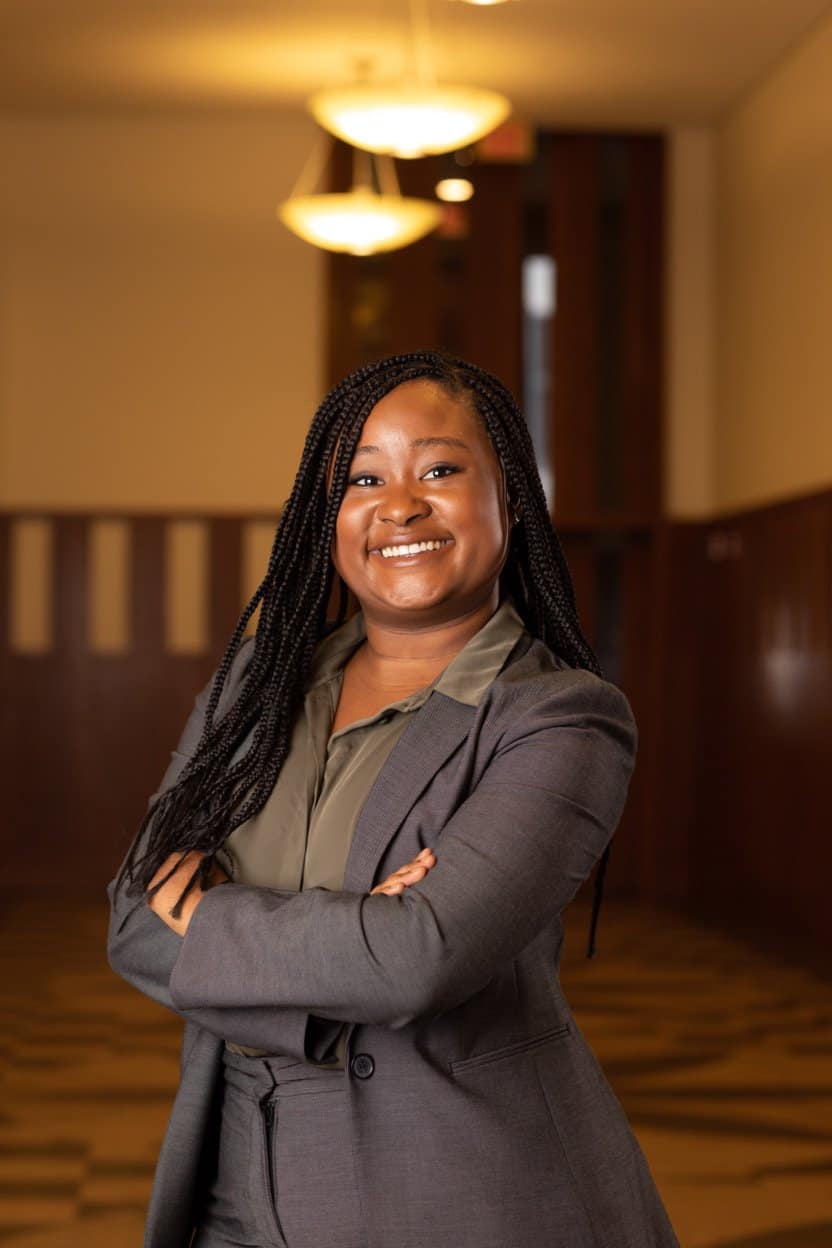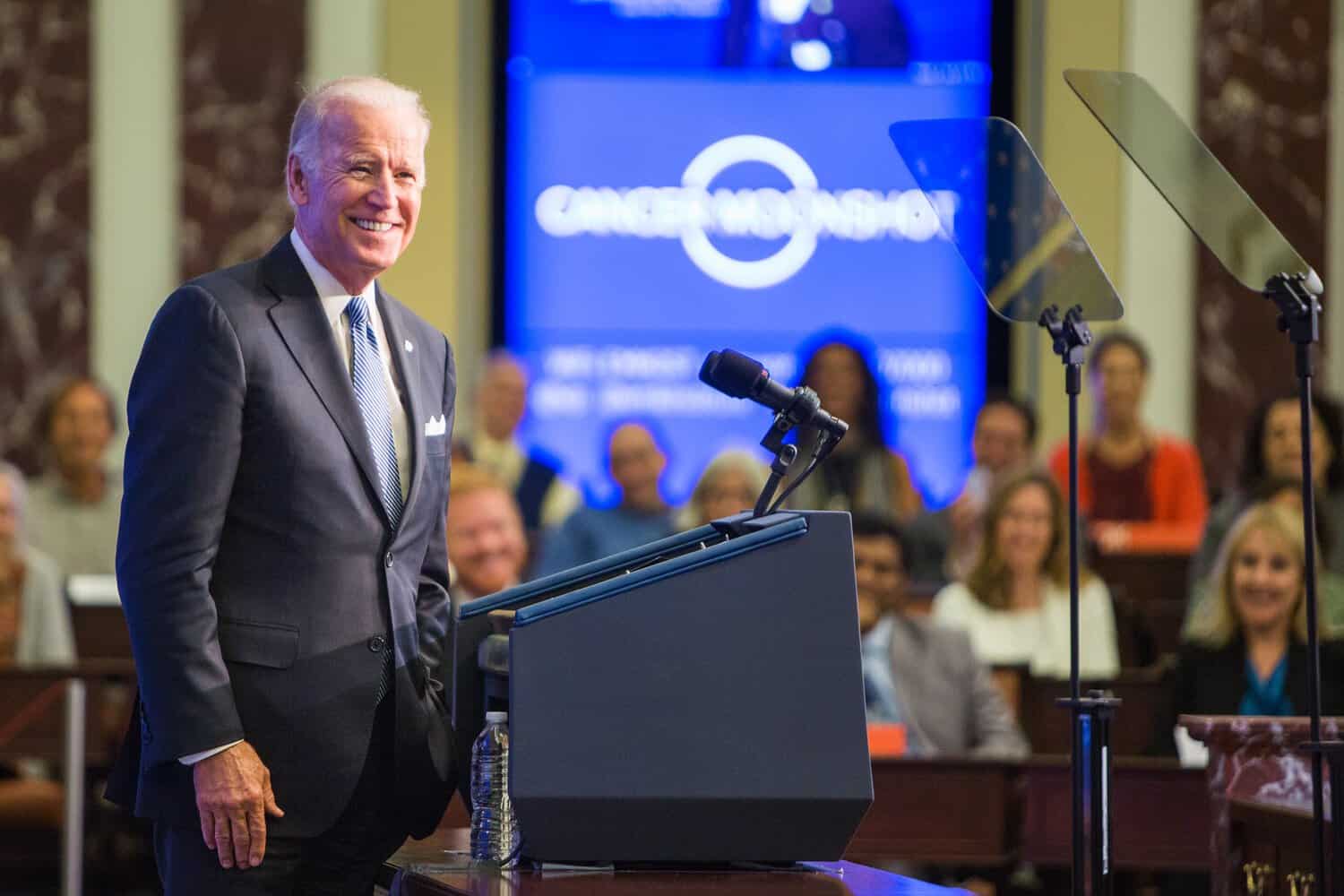
Courtney Brunson is a student at Harvard Law School and member of the Harvard Legal Aid Bureau.
According to ABC News, the Occupational Safety and Health Administration (OSHA) has issued more than $2.8 million in fines and 204 citations to companies in the last few months. These fines cover various COVID-19 related worker protection violations including failures by businesses to implement plans to protect workers from respiratory viruses, provide workers with PPE or train them on how to wear it properly, report illness or death, and provide a safe workplace. Though the issuance of these fines and citations may indicate effective federal oversight of businesses during the pandemic, OnLabor commentators have spoken about OSHA’s unwillingness to do so against specific bad actors in the past.
In response to reports of over one million new coronavirus cases during this past week alone, states like California, Iowa, and Michigan have begun placing restrictions on business reopenings. Notably, Republican Governor Ron DeSantis has imposed no such restrictions in the state of Florida despite recent surges in new cases and hospitalizations. To date, a total of 11,205,486 people in the United States have been diagnosed with COVID-19 since the pandemic began, and at least 247,220 of them have died.
Florida’s passage of the $15 minimum wage vote on election day has placed a renewed pressure on the federal government to act on wage reform and uplifted the spirits of labor organizations like Fight for $15 who have fought on these campaigns. As mentioned in OnLabor here, Florida is the eighth state to pass $15 minimum wage laws. However, the approval of the Sunshine State’s ballot initiative to raise the state’s minimum wage to $15 an hour by 2026 is notable because it’s the first Southern state to do so. It is also a state that has a Republican led legislature, which $15 wage proponents argue is the main obstacle to minimum wage increases on the state level. As a reminder, the Congressional Budget Office (CBO) conducted an analysis in 2019 that found increasing the minimum wage to $15 by 2025 would boost the income of 17 million Americans, but would also cause 1.3 million to lose their jobs. Losses would fall disproportionately on part-time workers and adults without a high school diploma, according to the study.
Yet there are other changes in the economy that threaten to displace workers and eliminate even more jobs, including the expansion of robotic and AI technology. In response to these concerns, Steve Lohr of the New York Times wrote about the release of a report, entitled “The Work of the Future: Building Better Jobs in an Age of Intelligent Machines”. Pulling from two years of compiled study, data collection, and analysis, this report was created with the input of several members of a MIT-led task force that included various professors, graduate students, researchers, government officials, and more. It released the following main conclusions:
(1) Technological change is simultaneously replacing existing work and creating new work. It is not eliminating work altogether;
(2) Momentous impacts of technological change are unfolding gradually;
(3) Rising labor productivity has not translated into broad increases in incomes because labor market institutions and policies have fallen into disrepair; and
(4) Improving the quality of jobs requires innovation in labor market institutions.
Lohr also focused on other aspects of the report’s conclusions. This includes the conclusion that the U.S. economy produces larger wage gaps, proportionately fewer high-quality jobs, and less intergenerational mobility than most other developed nations do.
Finally, President-elect Joe Biden held a joint meeting with union leaders and CEOs of major retail, auto, and tech companies on Monday. Business leaders in attendance were General Motors CEO Mary Barra, Microsoft president and CEO Satya Nadella, Target chairman and chief executive Brian Cornell and Sonia Syngal, CEO of Gap. Labor leaders present at the virtual meeting included AFL-CIO President Richard Trumka, Mary Kay Henry, president of the Service Employees International Union, and Rory Gamble, president of the United Auto Workers. In addition to leading a discussion on how all parties could deal with the virus while keeping workers and small businesses safe, Biden called himself a “union guy” at the meeting and committed to increasing union power in his administration. Bloomberg Law has also began reflecting on how a Biden Administration will act on labor policymaking. In addition to returning to Obama-era policies, the article theorizes that a Biden Administration will also wade into the independent contractor vs. employee debate for gig economy workers and push for more transparency on company labor violations and pay disparities. Who Biden picks to head the Labor Department, however, seems to be the subject of debate. Politico wrote about how some union leaders are coalescing behind Boston Mayor Marty Walsh, whereas others are pushing Representative Andy Levin, a Michigan Democrat who worked as a labor organizer and ran the state’s job training program before he was elected.






Daily News & Commentary
Start your day with our roundup of the latest labor developments. See all
February 20
An analysis of the Board's decisions since regaining a quorum; 5th Circuit dissent criticizes Wright Line, Thryv.
February 19
Union membership increases slightly; Washington farmworker bill fails to make it out of committee; and unions in Argentina are on strike protesting President Milei’s labor reform bill.
February 18
A ruling against forced labor in CO prisons; business coalition lacks standing to challenge captive audience ban; labor unions to participate in rent strike in MN
February 17
San Francisco teachers’ strike ends; EEOC releases new guidance on telework; NFL must litigate discrimination and retaliation claims.
February 16
BLS releases jobs data; ILO hosts conference on child labor.
February 15
The Office of Personnel Management directs federal agencies to terminate their collective bargaining agreements, and Indian farmworkers engage in a one-day strike to protest a trade deal with the United States.